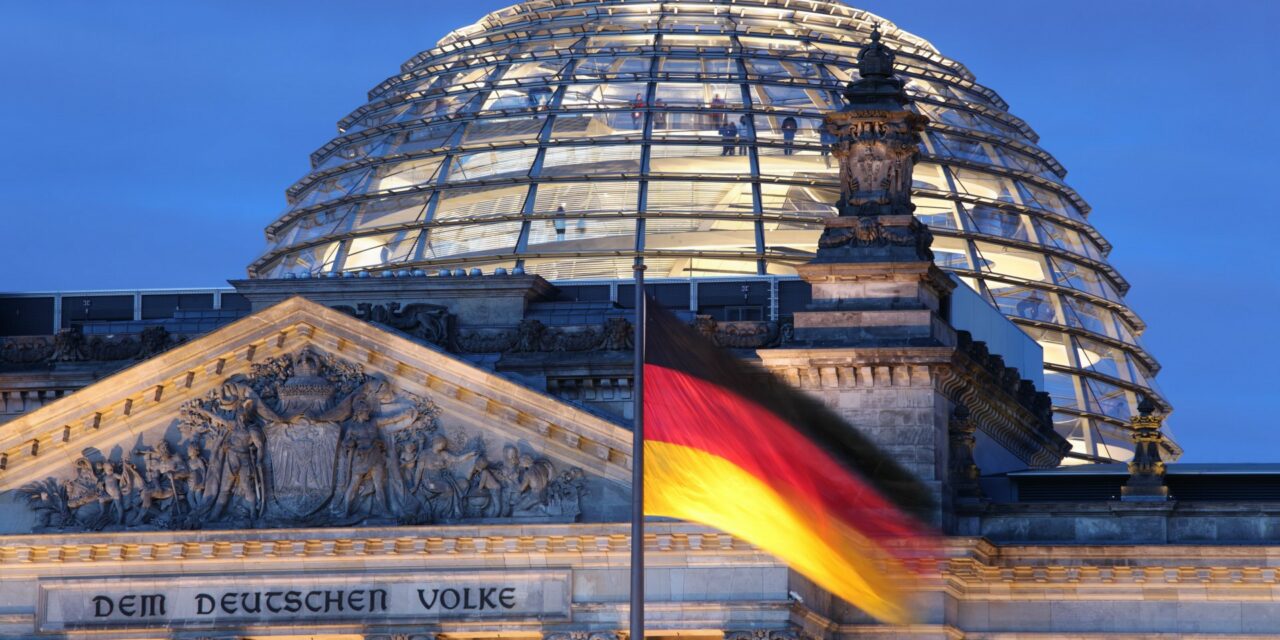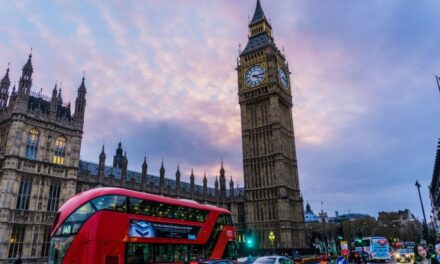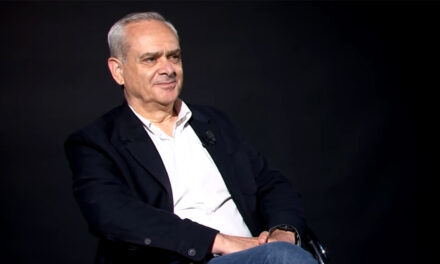The coalition government does not know what the voters want, writes Ralph Schoellhammer on the UnHerd website.
At the end of March, Germany's green vice chancellor asked the German people to conserve energy wherever they can: "Every kilowatt of energy saved helps," and he repeated this request in June as the European energy crisis loomed.
In the meantime, the country has closed its nuclear power plants and other European states and the German industry have already called on them to keep them in operation, the government is not willing to revise its original plans for the time being.
“The coalition government of the Social Democrats, Greens and Liberals appears to be out of touch with an electorate that has recently shifted dramatically in a pro-nuclear direction. "Several surveys have shown that at least 60 percent of Germans want to postpone the phase-out of nuclear power plants, including a surprising 61 percent majority of supporters of the Greens," writes the Austrian economist.
According to the author, unlike their politicians, average Germans seem to be more aware of the dire economic prospects facing the country. The predicted energy prices for next year are breaking records every day, as they have already reached more than 700 euros per MWh - compared to an average of 45 euros between 2010 and 2020.
"And the problems caused by energy shortages are starting to spread and are being exacerbated by other problems: France's nuclear power plants are currently under 50 percent availability, and wind power forecasts are so low that turbines will not be able to fill the gap."
According to the economist, one must be optimistic in order for inflation to remain below double digits.
In July, the PPI rose by 37 percent on an annual basis, which means another negative record for the German economy. At the same time, the savings of average Germans are being depleted as more and more households have to cope with rising prices.
"Combine all this with the expected recession in the Eurozone, and Germany is facing a perfect economic storm.
It is not surprising that the German government – or at least some parts of it – has increasingly high political costs. Only the Greens seem to be exempt from the negative polling trends. Olaf Scholz's Social Democrats, on the other hand, fell from 25 percent to 19 percent, far behind the conservative opposition, which would get 28 percent if the elections were held today," writes Schoellhammer.
"In Germany, the next calendar year promises below-average harvests, fertilizer shortages and rising food prices. The standard of living will decrease. The same is expected to happen with Olaf Scholz's vote count"
concludes the economist.
Featured image: Getty Images












